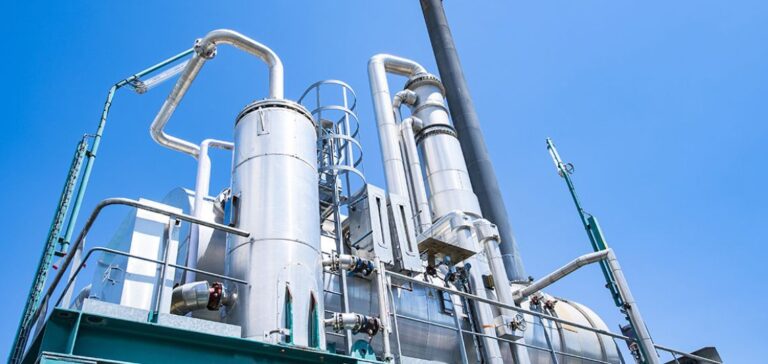The American Chemistry Council (ACC) recently released a white paper highlighting the importance of natural gas and the need for policies that reflect its value to the U.S. economy, energy transition and climate progress.
Natural gas: a versatile resource for all U.S. economic sectors
According to Chris Jahn, president and CEO of CCA, natural gas is linked to several national priorities that Congress and the Biden administration are focusing on. These priorities include strengthening U.S. competitiveness , improving the reliability and resiliency of the electric grid, strengthening supply chains, and accelerating the development and use of low-emission technologies.
The white paper explains that natural gas is a versatile resource used by all major sectors of the U.S. economy and is vital to U.S. chemical and manufacturing supply chains. For many companies, access to large-scale, affordable natural gas supplies is critical to the competitiveness of their U.S. operations.
In addition, natural gas supports the energy transition and a low-emission future. The switch to natural gas has helped reduce emissions in the electricity and manufacturing sectors. While other energy sources such as wind and solar continue to be available, natural gas can help ensure grid reliability.
The role of natural gas in creating and delivering climate solutions through U.S. chemistry
The paper also examines how natural gas could contribute to climate innovation. Hydrogen can be produced from natural gas, and it may be possible to convert natural gas pipelines to carry a mixture of natural gas and hydrogen. Combined heat and power (CHP) systems are often based on natural gas. In the future, carbon capture, utilization and storage (CCUS), direct air capture and catalysis could be used during power generation or in manufacturing processes using natural gas.
Finally, the paper discusses the role of natural gas in empowering American chemistry to create and deliver climate solutions. Solar panels and wind turbines, advanced battery storage, electric vehicles and light-duty vehicle parts, and high-performance building materials are among the many energy-saving applications that rely on chemistry and plastics, often starting with natural gas as an energy or feedstock source.
To realize the promise of the Inflation Reduction Act and the Bipartisan Infrastructure Act, continued Congressional and Administration leadership is needed to modernize siting, review, and permitting processes for energy and manufacturing projects and infrastructure, and to unlock secure supply chains for critical minerals, chemicals, and other inputs.
In sum, CCA released a white paper highlighting the importance of natural gas to the economy, energy transition and climate progress. This versatile resource is essential to the chemical industry and manufacturing. Its use has reduced emissions in the electricity and manufacturing sectors, supporting the transition to a low-emission future. Policies are needed to encourage secure and reliable energy and electricity, infrastructure development, efficient and timely permitting processes, and a diverse portfolio of energy sources and technologies.





















